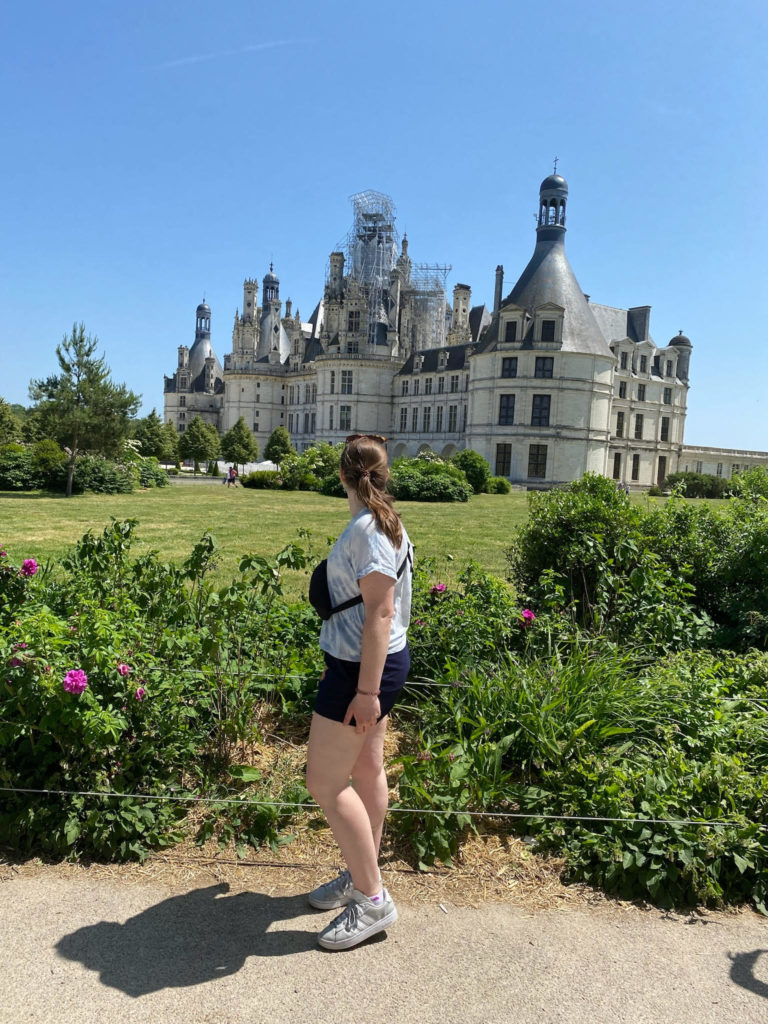
Before writing my final post, I looked back to my very first day in Tours. After flying into Paris, going through customs, and taking a two hour train ride to Tours, I left the train station bleary-eyed, jetlagged, and overwhelmed, trying to find my host mom. She picked me up from the airport with the family’s two (slightly crazy) dogs, and drove me to where I would be living for the next five weeks. The car ride was a bit of a struggle, as her English was broken, and my French was not great either. When I arrived at the house, she offered to make me lunch. The first big cultural disconnect I experienced occurred when she dropped a tray of food off at my door. There was a sandwich, a glass of milk, a glass of water, a container of yogurt, and…a bowl of brown sugar. Despite concluding that the sugar probably had something to do with the plain yogurt, I wasn’t exactly sure what to do. After a quick google search, I learned that the French mostly eat plain yogurt, and add sugar or jam to flavor it. Though small, this was the first of many cultural differences I would discover and learning experiences I would have during my time in France. It also is the first of many memories that I fondly look back on.

I really enjoyed my French lessons at the Institut de Touraine, which helped me to improve my French and gave me the opportunity to meet other students learning French. I loved the adventures I had exploring the Loire Valley and France with a couple other Notre Dame students who were also staying in Tours. This gave me the chance to learn about French culture and practice language skills with locals. Despite all this, living with my host family was probably the most significant part of my trip, and the part that left the biggest lasting impact. Our nightly dinners helped me practice my spoken language skills (which I struggled with the most in the classroom). This gave me the chance to ask questions, and experience French life. Looking back to my first post, one of the things I really wanted to do was learn about day-to-day life in France. Through our conversations, I was able to learn about their opinions on current events and politics happening in France, and about their lives. At the same time, my host mom had lots of questions about my life in the US, and we shared photos and stories, in addition to helping each other with learning French (for me) or English (for my host mom). I found it interesting how I was not the only one interested in learning about another culture.

I had a great experience in Tours, and it will definitely be one of the highlights of my time at Notre Dame. It helped me broaden my understanding of the world, through being immersed in a culture different than my own, in addition to improving my language skills and forming relationships I hope to maintain into the future. I hope I get the opportunity to return at some point in the future!

